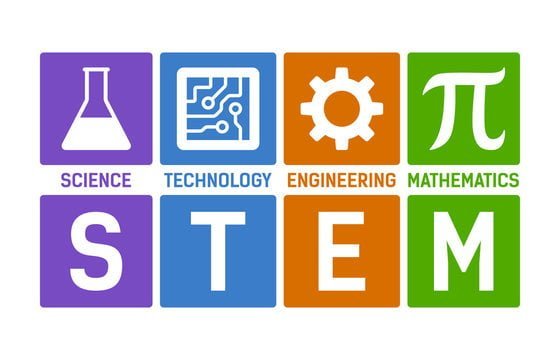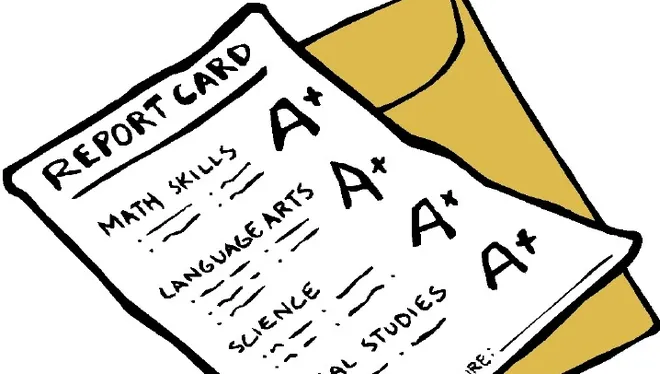The Impact of STEM Education on School Grades
In today’s rapidly evolving world, STEM (Science, Technology, Engineering, and Mathematics) education is crucial. It equips students with the skills and knowledge needed in a technology-driven world, but its benefits extend beyond career preparation. Let’s explore how well-designed STEM programs can significantly impact students’ school grades across various subjects.
Enhancing Skills for Success
- Problem-Solving Powerhouse: STEM education emphasizes hands-on activities and experiments, fostering critical thinking and problem-solving skills. This methodical approach translates to better performance in all subjects, especially math and science, where analytical skills are essential [1].
- Engagement and Enthusiasm: Traditional methods can sometimes lead to disengagement. STEM’s interactive and project-based approach makes learning enjoyable. Engaged students participate actively and perform better academically.
- Collaboration is Key: Many STEM activities require teamwork, developing communication and collaboration skills. These skills are vital for success in school (group projects) and beyond, boosting performance in subjects that involve collaboration.

Bridging the Knowledge Gap
Real-World Application: STEM education encourages applying theoretical knowledge to real-world problems. This practical application reinforces learning and helps students understand the relevance of their studies, leading to increased motivation to excel.
Building Confidence and Beyond
Confidence Boost: Successfully completing STEM projects and solving complex problems builds students’ confidence in their abilities. This increased confidence has a positive impact on their overall academic performance. Students who believe they can succeed are more likely to tackle challenges with determination.

Technology as a Tool
Tech-Savvy Learners: STEM integrates technology into education, making students proficient in using various technological tools and resources, which can aid their learning in other subjects. Educational software for math or online research for history projects can enhance overall academic performance [6].
Standardized Tests: Acing the Challenge
Test-Taking Prowess: The skills developed through STEM education, such as analytical thinking, problem-solving, and data interpretation, are directly applicable to standardized tests. Students who are adept at these skills tend to perform better on exams, improving their overall grades and academic standing [7].
Lifelong Learning: A Lasting Impact
A Love for Learning: STEM education fosters a love for learning and curiosity. Students passionate about STEM subjects are more likely to pursue further knowledge and explore new areas of interest. This proactive approach to learning can lead to better academic performance across all subjects [8].

Investing in the Future
The benefits of STEM education go beyond preparing future scientists and engineers. By enhancing problem-solving skills, boosting engagement, promoting collaboration, and integrating technology, STEM education has a profound impact on students’ school grades. It fosters well-rounded learners who are not only prepared for future careers but also equipped with the skills for lifelong learning and success. As educators and parents, it is essential to encourage and support STEM initiatives to ensure students thrive academically today and become the innovators and leaders of tomorrow





